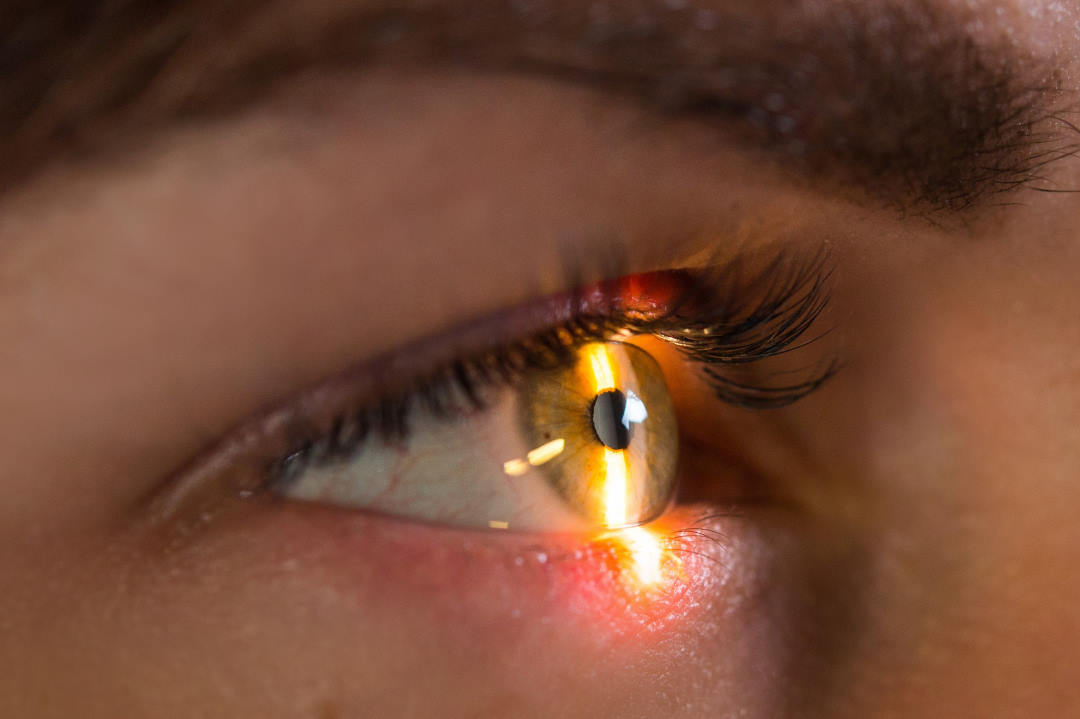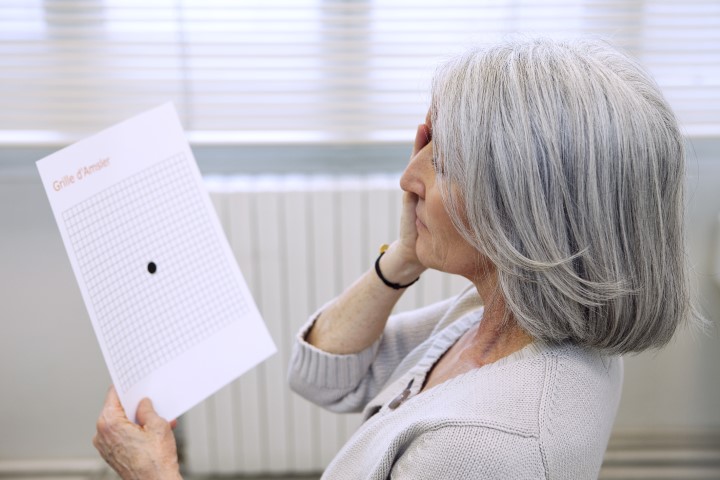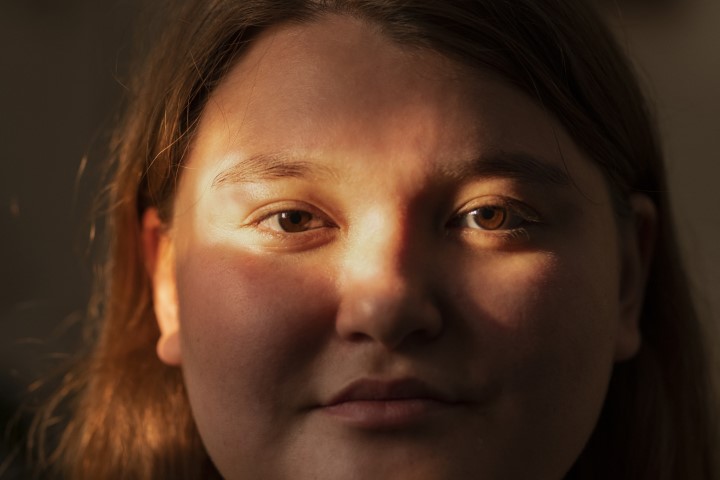Myopia controlling blur?
Adjusting visual cues may slow the progression of myopia, providing a potential new basis for future treatments, US researchers found.
The myopia epidemic is largely caused by human-made environmental visual cues disrupting the emmetropisation feedback mechanism that uses defocus cues to produce and maintain eyes in good focus, said researchers Professor emeritus Thomas Norton and Professor Timothy Gawne, both with the Department of Optometry and Vision Science, University of Alabama at Birmingham.
Profs Norton and Gawne found small, caged mammals continuously exposed to a restricted viewing distance developed an environmentally induced myopia, which could be counteracted by a chromatically simulated myopic defocus, slowing axial elongation and causing significant hyperopia.
“Our study further proved that myopia is not primarily genetic and can be manipulated,” said Prof Norton. “We think that by changing the chromatic structure of an image on a computer display, we can almost talk to the eye and tell it to stop getting longer. We hypothesise that the risk of myopia can be reduced by altering visual cues during childhood.”
The study was published in Experimental Eye Research. For more on myopia in New Zealand, see www.nzoptics.co.nz/articles/archive/report-reveals-nz-s-myopia-crisis


























